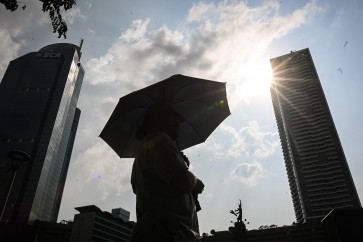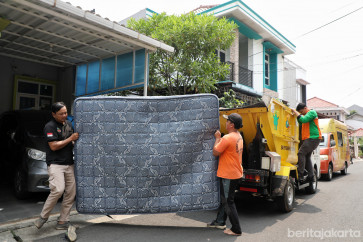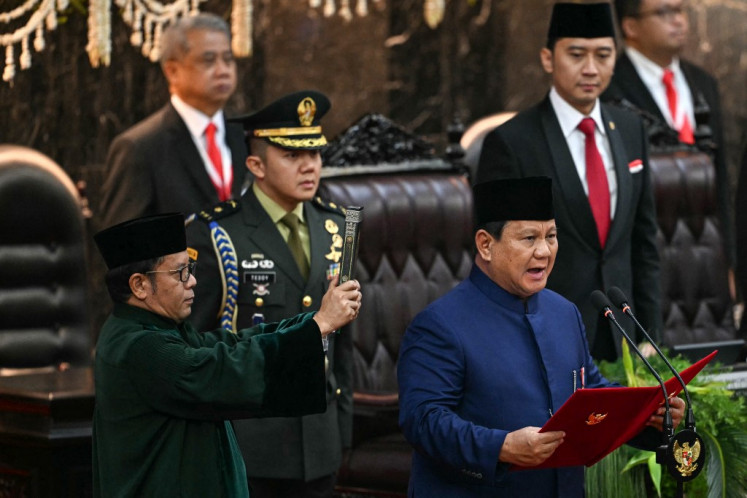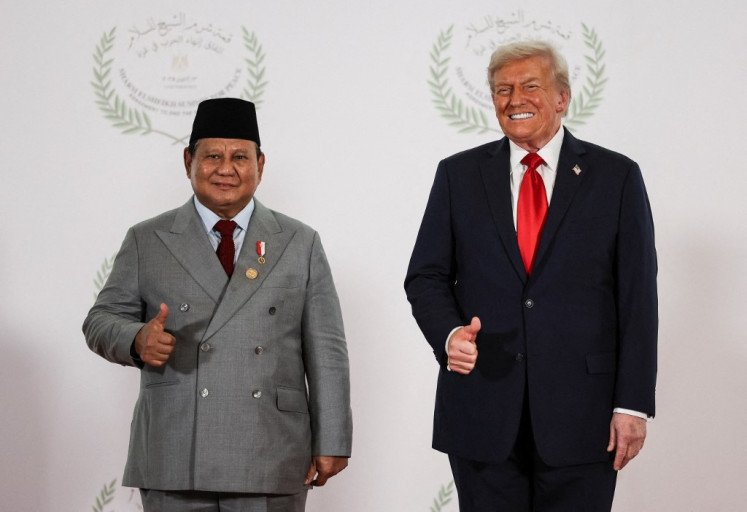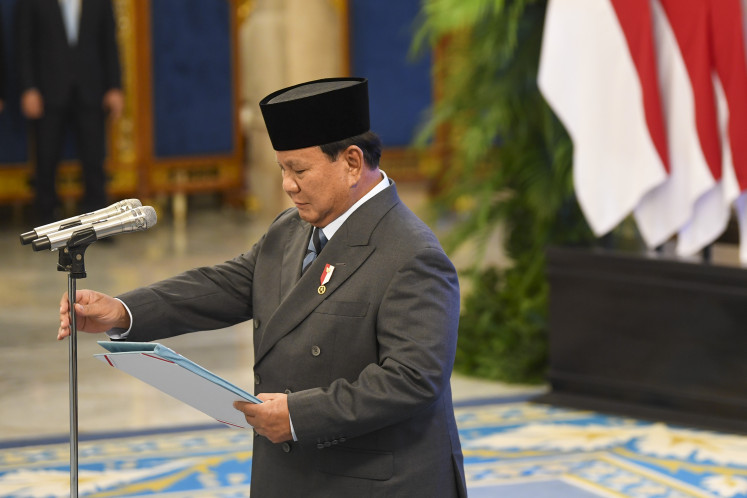Popular Reads
Top Results
Can't find what you're looking for?
View all search resultsPopular Reads
Top Results
Can't find what you're looking for?
View all search resultsGovt weaving new rattan export rules
The government will step up its supervision of rattan exports while it prepares a revision of the rattan export regulation designed to boost the flagging domestic furniture industry, an official says
Change text size
Gift Premium Articles
to Anyone
T
he government will step up its supervision of rattan exports while it prepares a revision of the rattan export regulation designed to boost the flagging domestic furniture industry, an official says.
The Trade Ministry’s director general for foreign trade, Deddy Saleh, said on Friday that it would require rattan exporters to provide sales invoices as evidence that they were meeting their supply obligations to the local processing industry, and engage surveyors in checking the documents at export ports as well as in ports of export destinations.
“We will continue implementing the existing regulation, while minimizing the leakage by improving the procedures. The documents of domestic supply obligations must be proven by invoice sales to avert manipulation,” he told reporters at his office.
Deddy added that the tightened measures would be implemented on Oct. 12, while it waited for the revision of the 2009 Trade Ministry regulation on rattan exports, which among others, would allow the establishment of a rattan buffer stock body.
The Industry Ministry, Deddy went on, had proposed that the buffer stock body, which would buy all the rattan produced by farmers, would comprise private and state-owned firms.
“The combination is acceptable, but we need to detail the financing, mechanism and pricing. We propose that this will be done through an auction as we want to avert monopolies in purchases,” he explained.
Under the existing regulation, exports of washed and sulphurized rattan of 4 to 16 millimeters in diameter are capped at 35,000 tons a year. Exports of semi-finished rattan such as sega and irit are also allowed as long as rattan producers show documents pertaining to their supply for the local industry.
The regulation has long been criticized by a number of local producers, including the Indonesian Rattan Furniture and Craft Association (AMKRI), which questioned the effectiveness of the regulation as producers still exported most of their raw rattan stocks, resulting in a shortage in the domestic industry.
The rattan shortage, according to the association, has been a major contributor to the dwindling export figures and rattan-based furniture firms, it said.
In 2008, the total rattan export was worth around $300 million, but dropped to $167 million in 2009 and $138 million in 2010, AMKRI’s data showed. As of 2010, 268 firms in various furniture centers, including Tangerang, Cirebon, Sidoarjo, Surakarta and Gresik had halted their operations.
Ambar Tjahyono, the chairman of the Indonesian Furniture Entrepreneurs Association (Asmindo), which proposed establishing a buffer stock body to the government, told The Jakarta Post that he welcomed the inclusion of its idea in the revised regulation.
“But we really need to speed up the establishment and then determine a strategy to revive the domestic industry,” he said.
According to Ambar, the government also has to involve related stakeholders, including his association, as surveyors of rattan exports.
— JP/ Linda Yulisman


